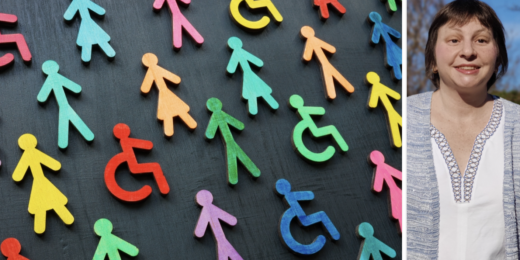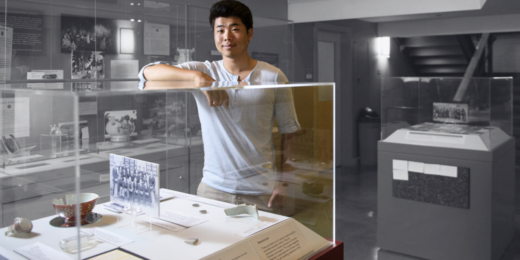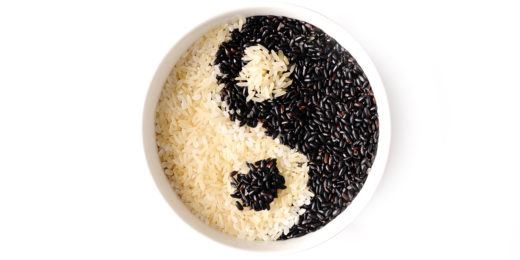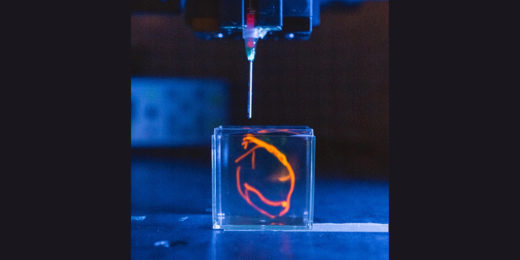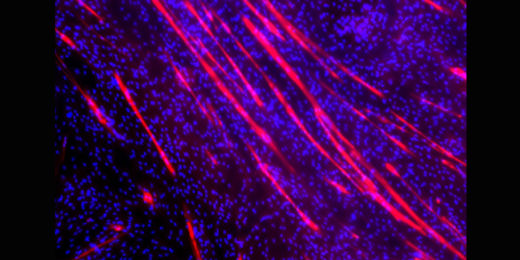Many people mistakenly assume that because Ronit Mazzoni has been blind since birth, her career choice must have been related to her condition.
Author: Helen Santoro
Unconventional Paths: How archaeology inspired a path to family medicine
Bright Zhou learned from an interest in studying ancient DNA how storytelling is at the root of good family medicine.
Women biomedical inventors underrepresented on patents
Stanford Medicine-led study finds a disparity between men and women listed on patents and their research contributions.
Investigating disparities in LGBTQ breast cancer care
Researchers at Stanford Medicine investigate cancer disparities in LGBTQ populations and how to address them.
Unconventional Paths: Bohemian wannabe turned Stanford nutritionist
A philosopher by nature, Christopher Gardner had a meandering, yet purposeful, path to nutrition science and food sustainability.
Cancer-detecting wearable may offer better way to monitor tumors
Researchers from Stanford have developed a wearable sensor to monitor the size of tumors, which could assist new cancer drug evaluations.
Mobile app helps detect skin cancer in older patients
Scientists used a mobile app to screen elderly patients for potential skin cancer lesions, pointing to the value of digital health tools.
Using AI to find disease-causing genes
Researchers are using a new artificial intelligence-based program to help identify genes that underly diseases.
Demystifying egg freezing in medicine
A Stanford surgical resident shares her story behind why she decided to freeze her eggs in the hopes that she can demystify the process.
How the grief of a million U.S. COVID-19 deaths hurts us all
Stanford psychiatrist weighs in on how the United States as a community suffers from widespread, prolonged grief, and what we can do.
Bringing principles of ethics to AI and drug design
Researchers discuss the need for ethics and its integration into research projects that harness artificial intelligence.
Engineering a new heart, layer by layer
Stanford researchers are building a heart through tissue engineering techniques in the hopes of better treating congenital heart defects.
Diversity leadership program aims to improve medicine’s culture
Pediatrics professor describes an equity, diversity and inclusion program that empowers underrepresented faculty to eliminate bias.
How COVID-19 has hurt health care workers’ mental health
Stanford clinical psychologist discusses how the mental health of health care workers has been impacted by the pandemic.
Q&A: Shining a light on Muslim mental health in America
Stanford Medicine researchers collect data to better understand the state of mental heath in Muslim communities.
Engineered tissue sent into space to test muscle loss drugs
To help us understand muscle loss as we age, a Stanford Medicine research team’s engineered tissue is sent to the International Space Station.


